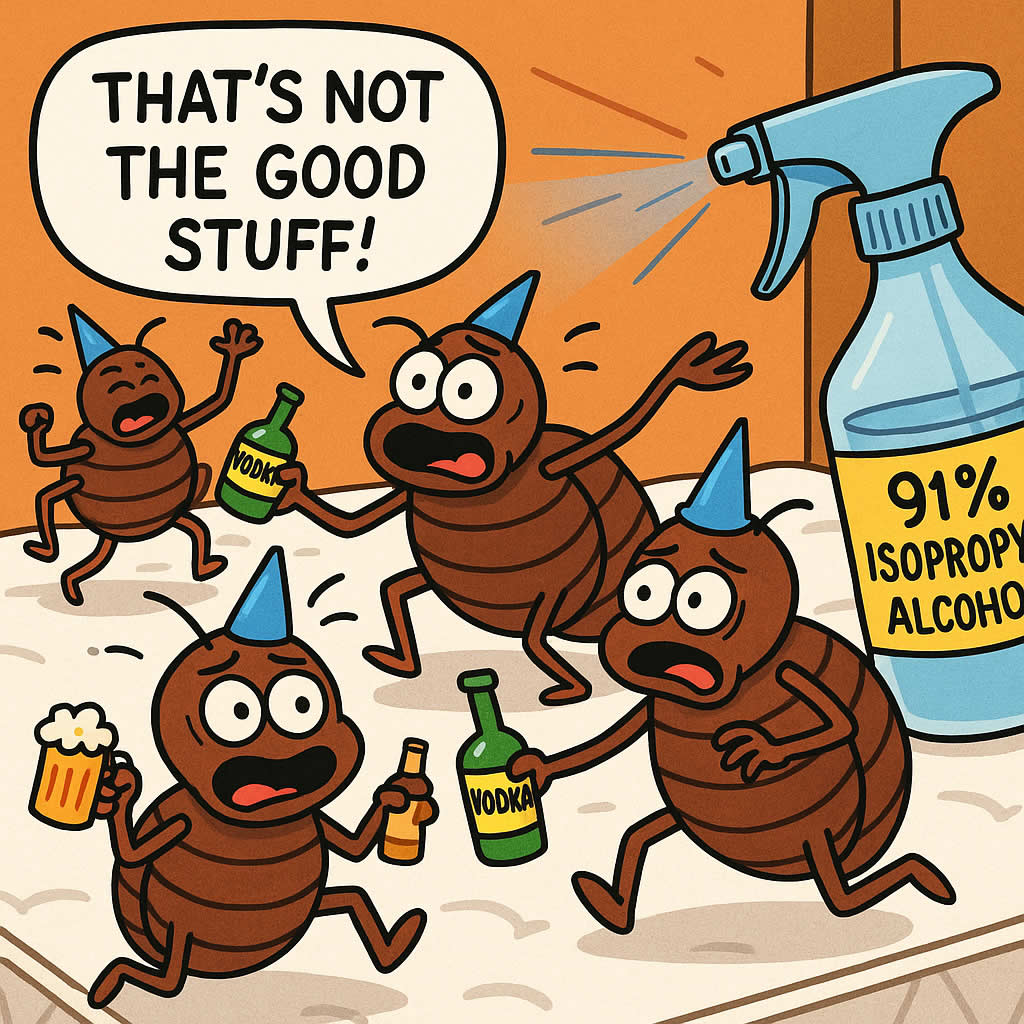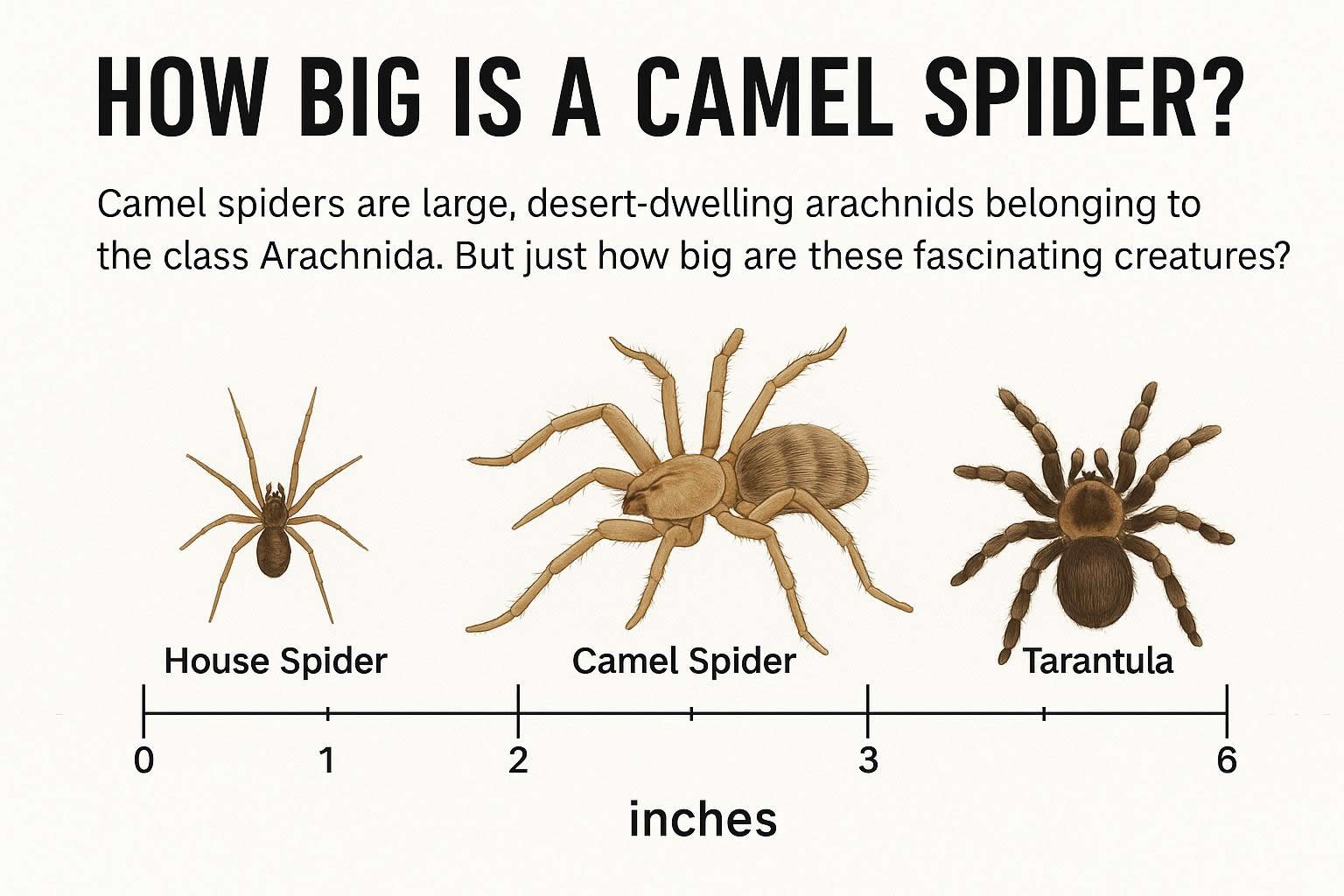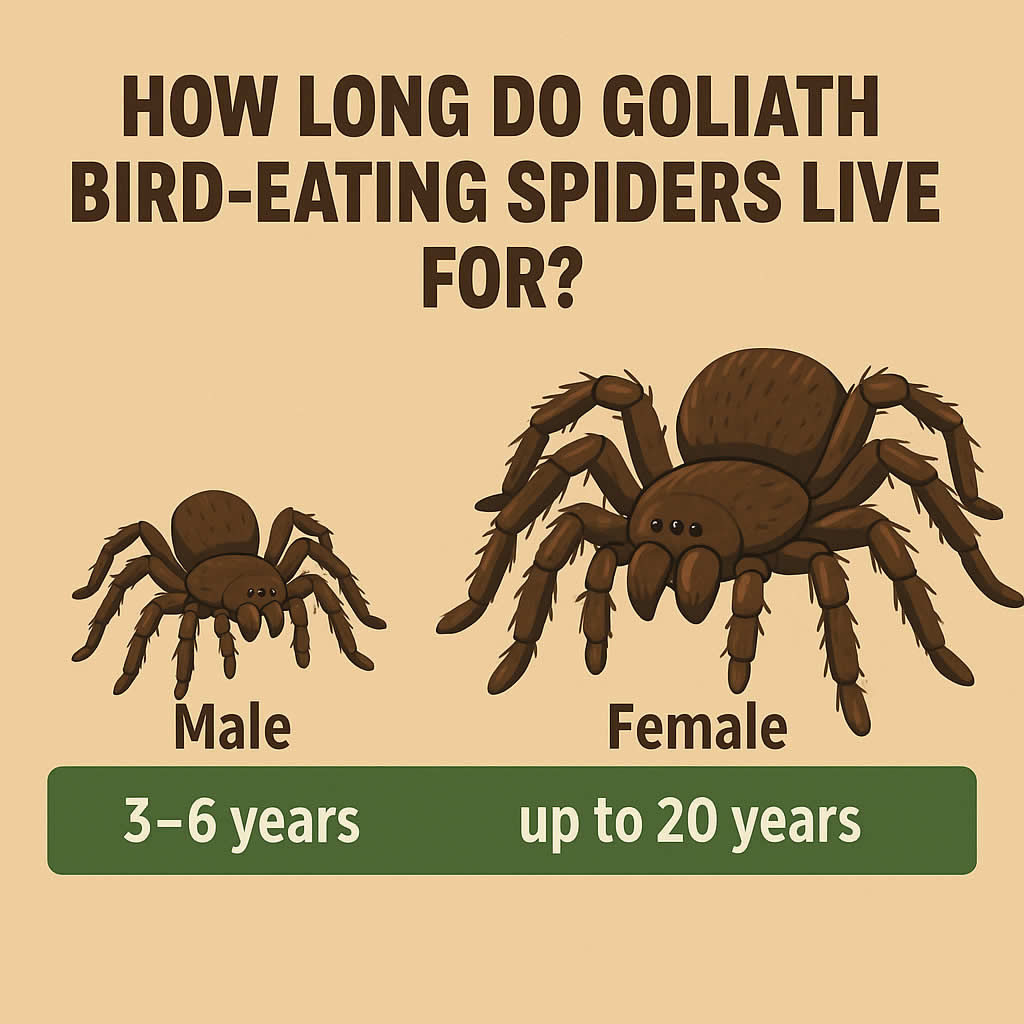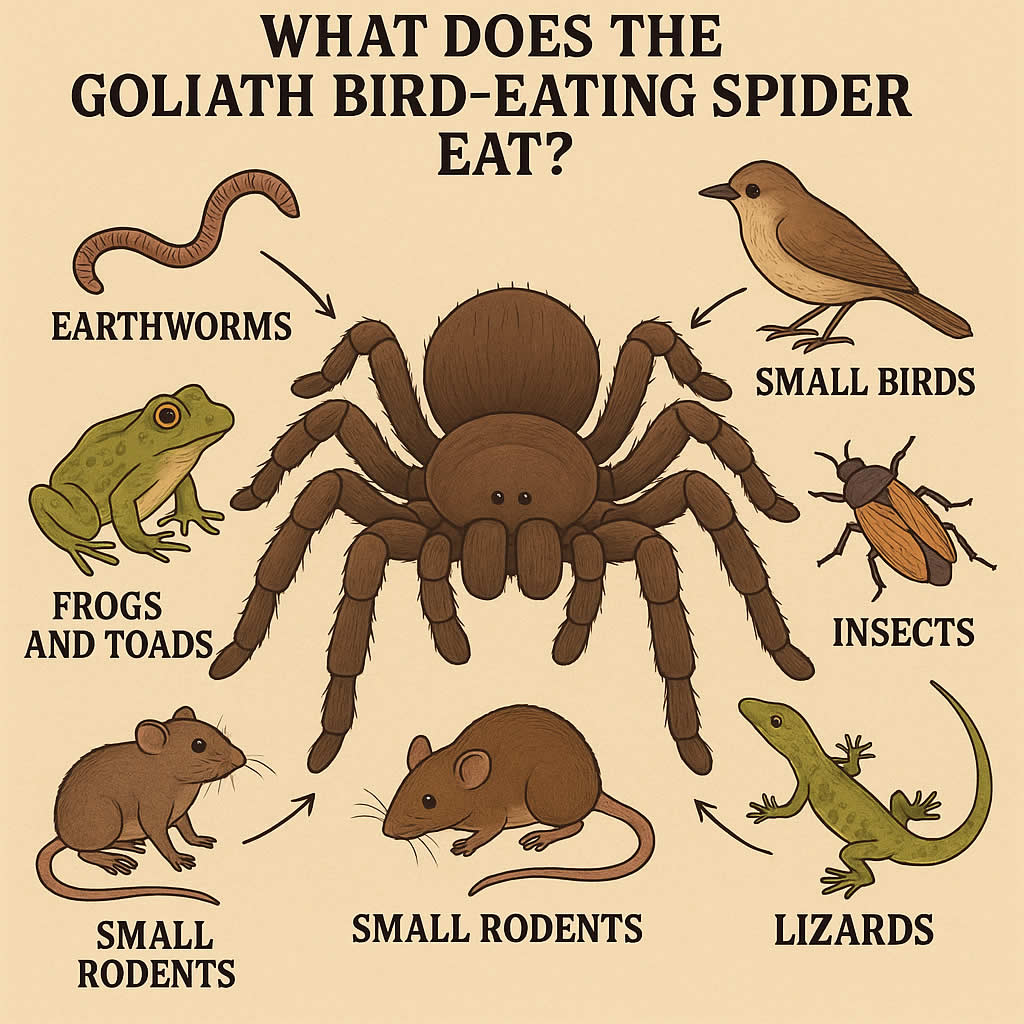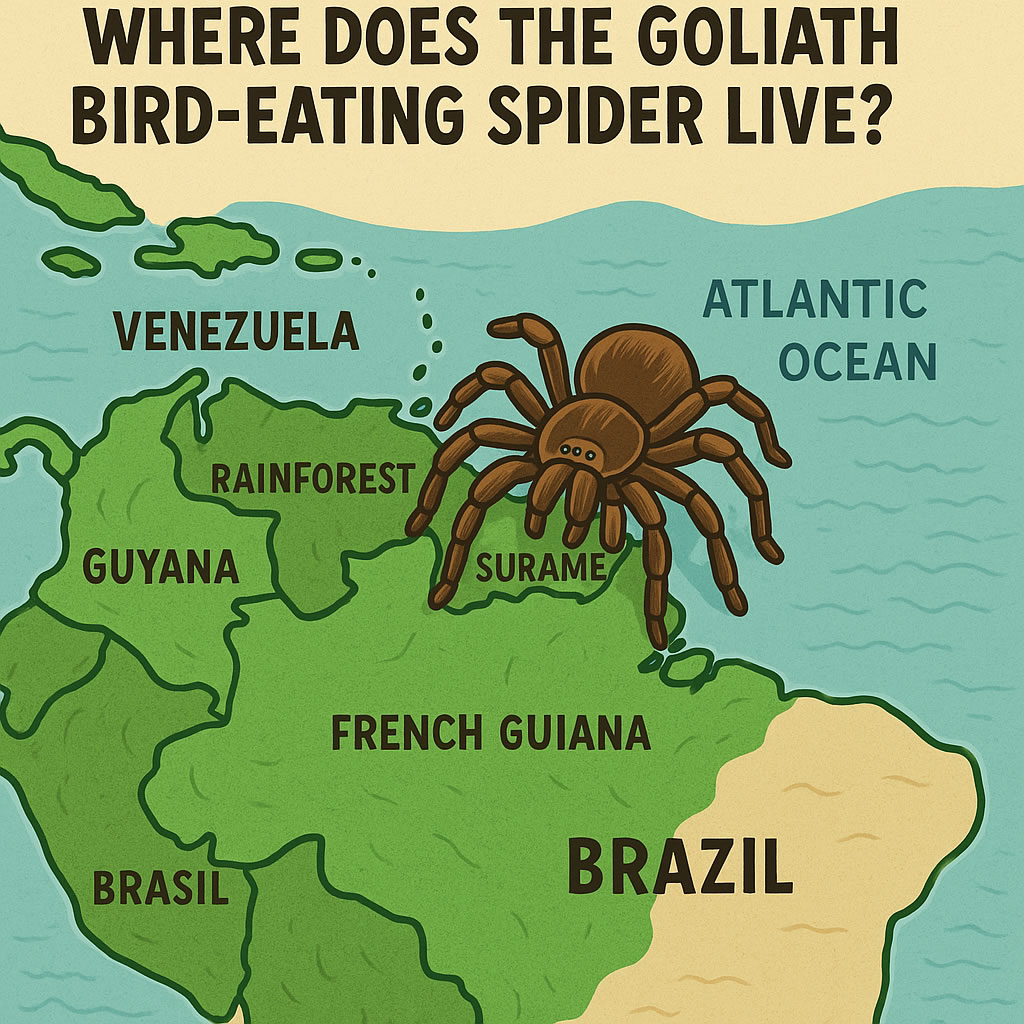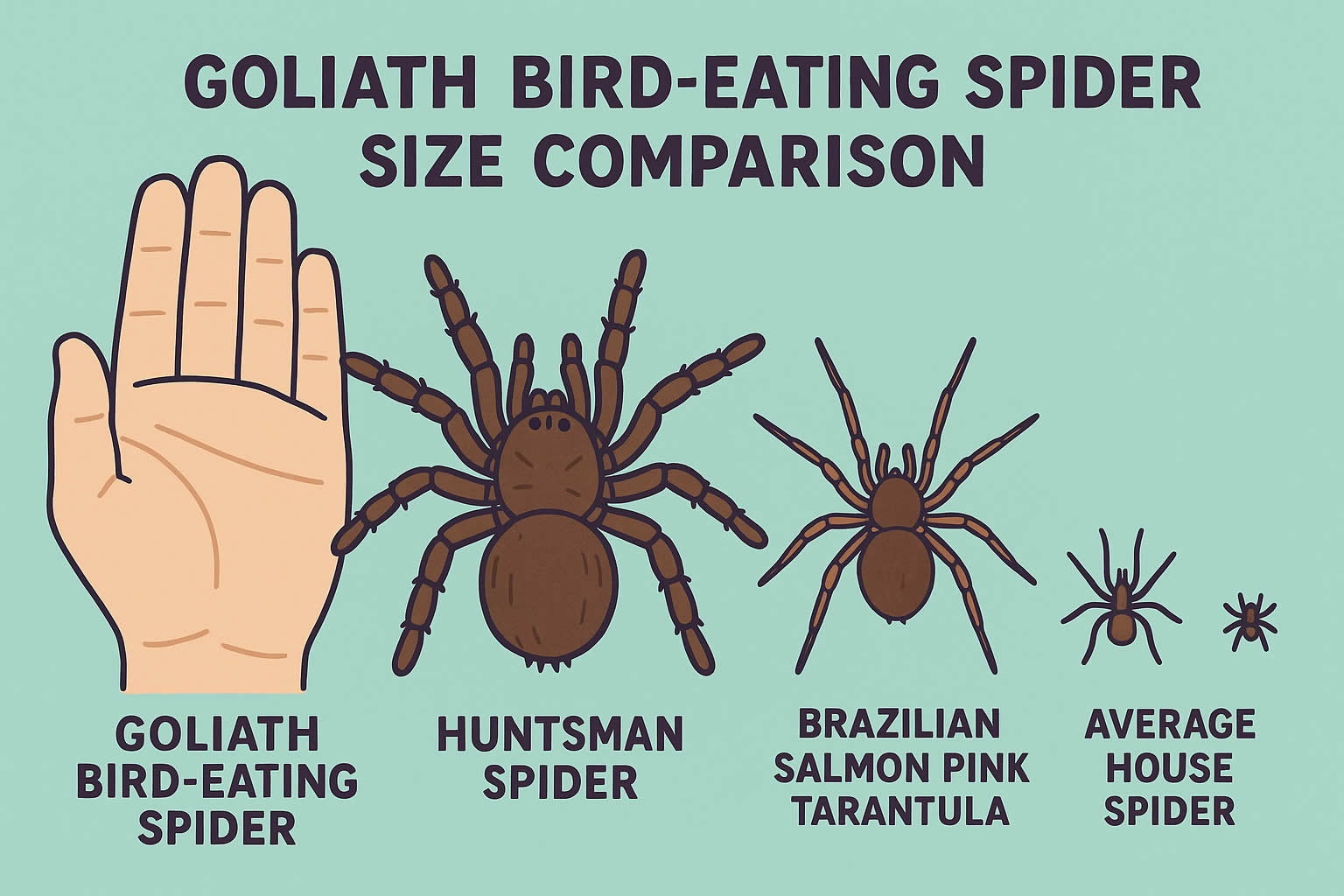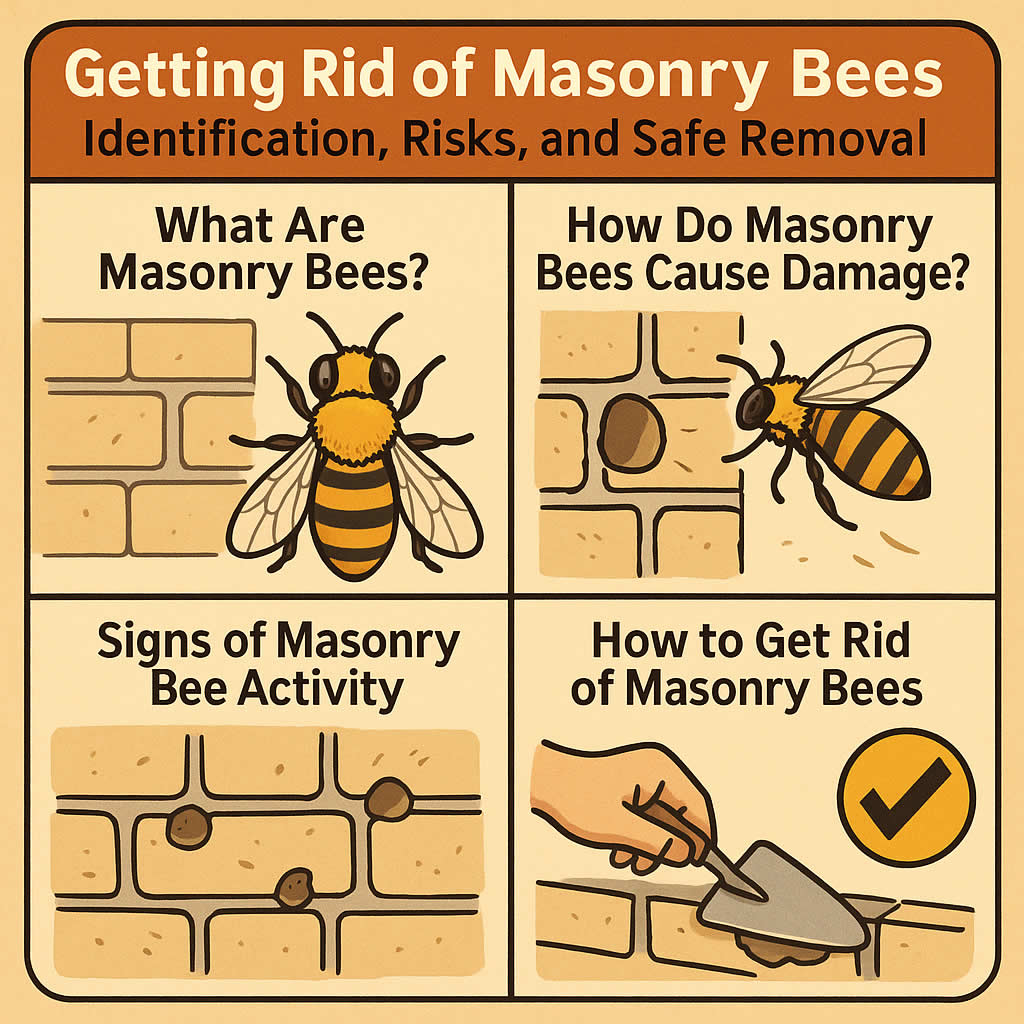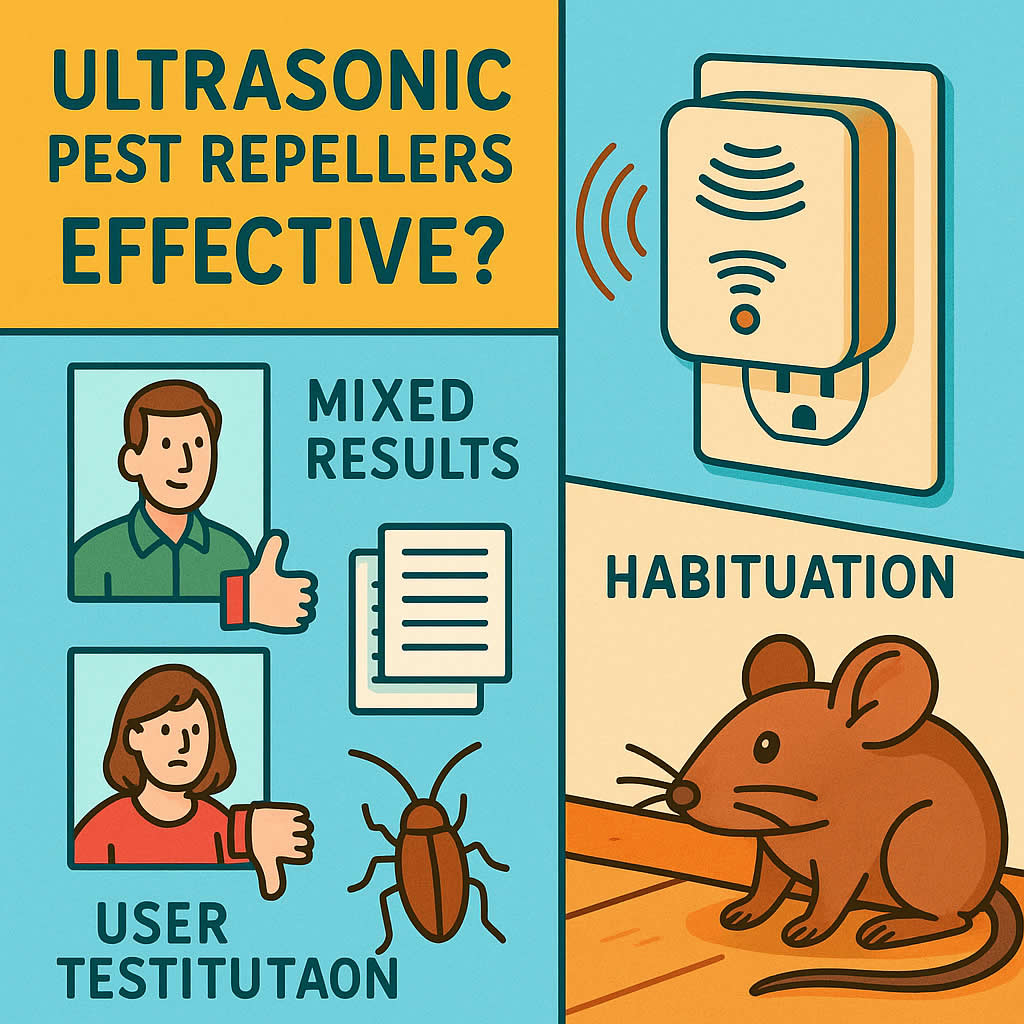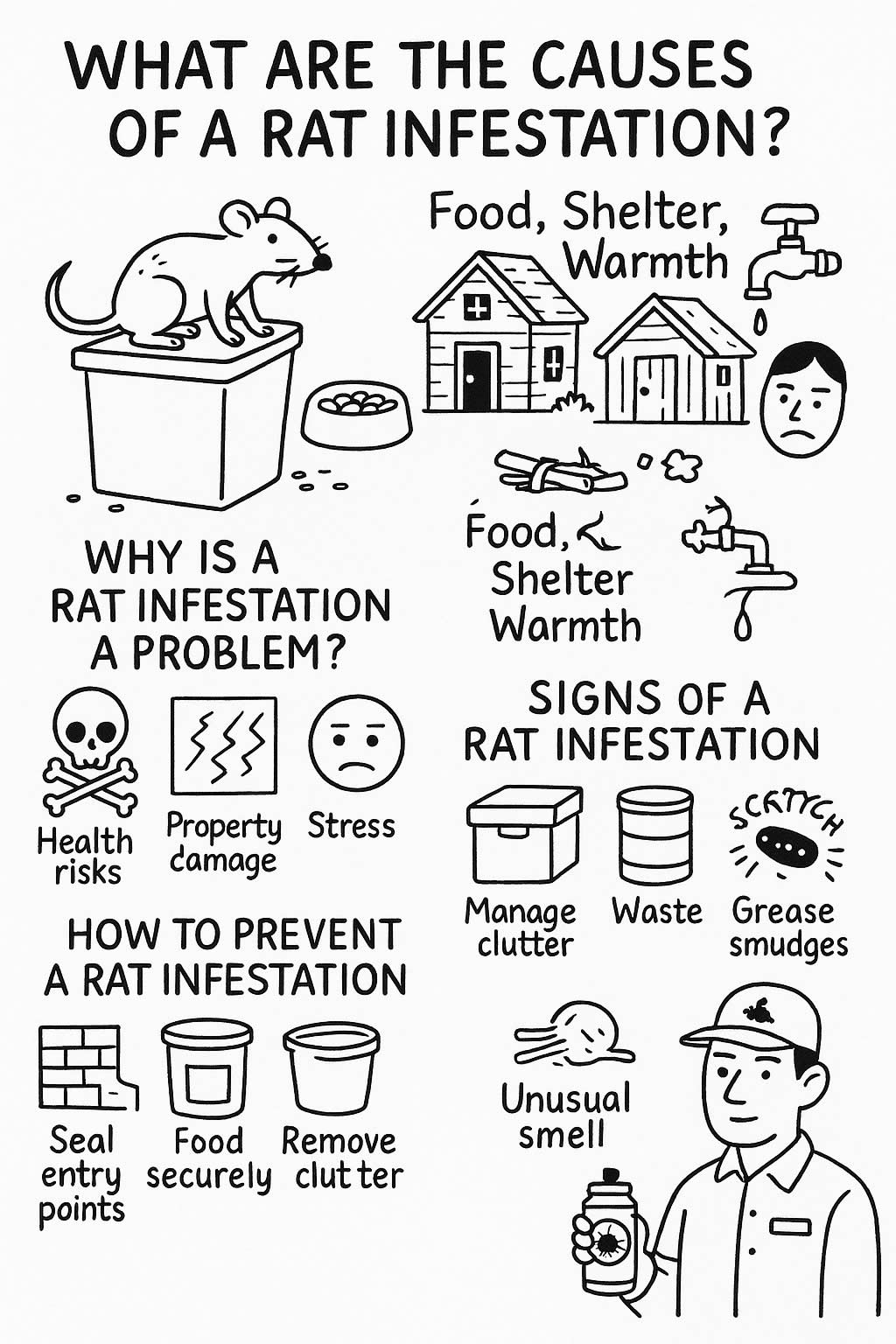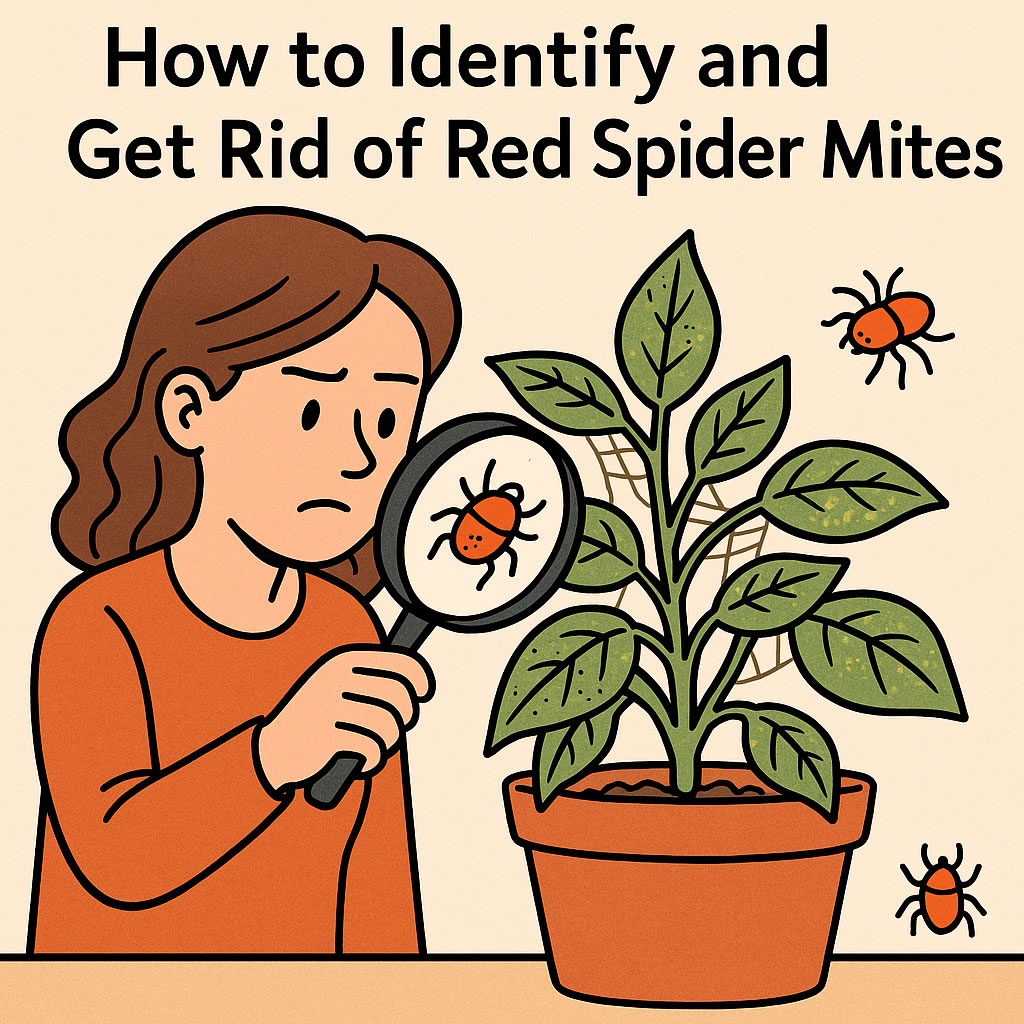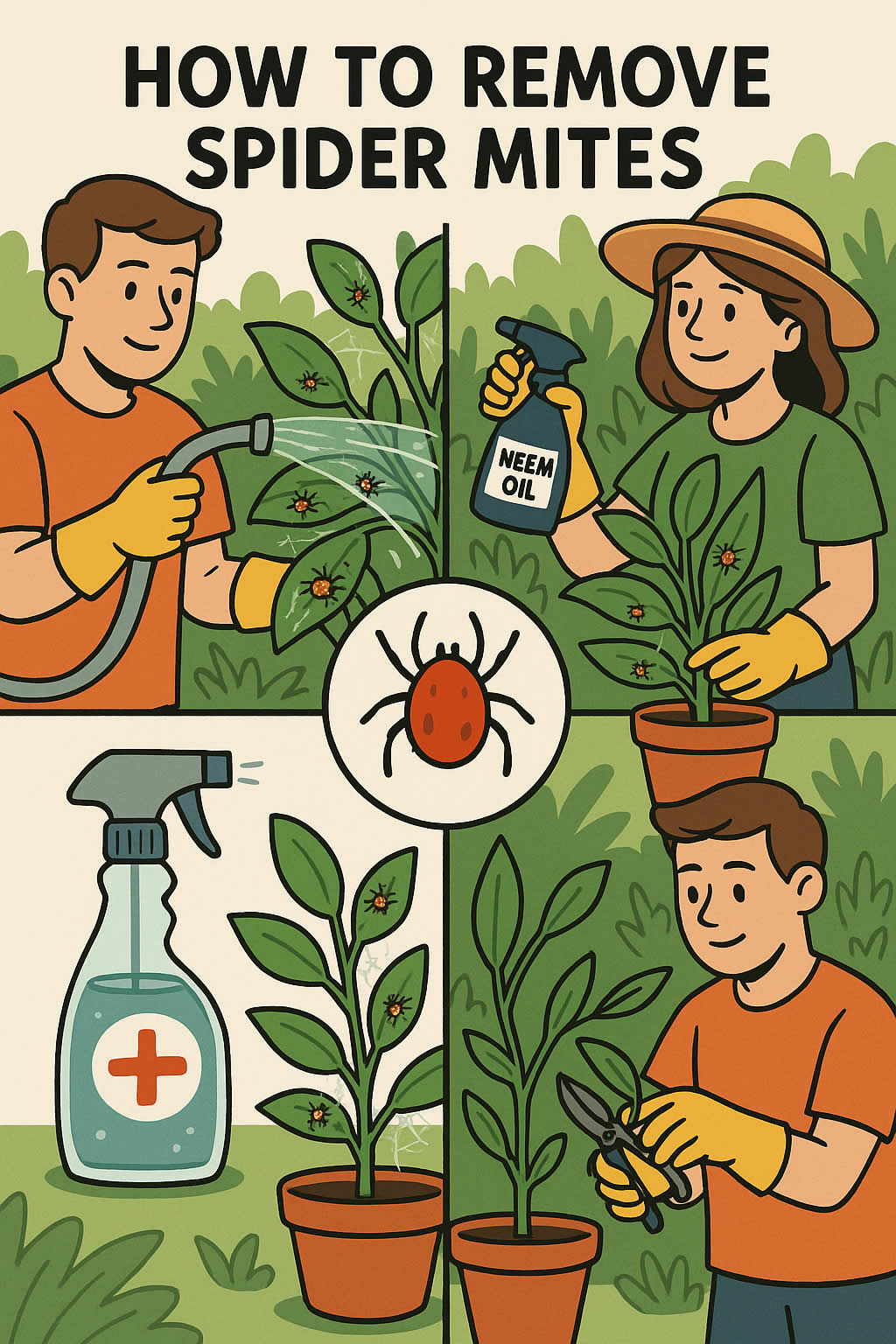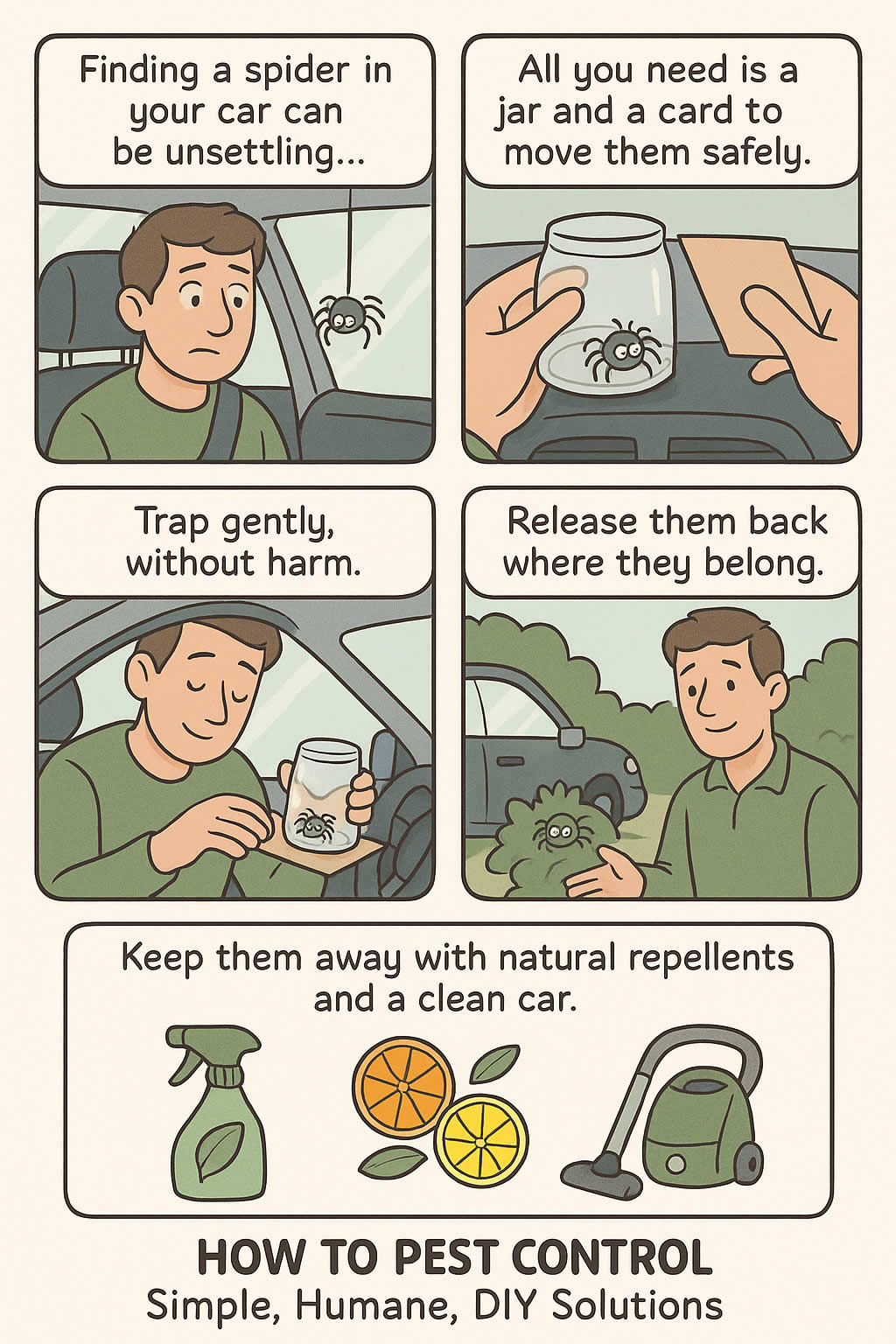Related Queries
ToggleIf you’ve found yourself googling ways to kill bed bugs with household items, you’re not alone. When you discover those tiny, unwelcome invaders hiding in your mattress, behind the skirting boards, or creeping along your bedframe, your first instinct is to reach for something — anything — that might help. And that’s when alcohol often comes up.
But what kind of alcohol actually works against bed bugs? Can you rely on it? And is it safe? Let’s walk through it all — simply, honestly, and in plain English — so you can decide if alcohol is worth trying in your situation.
Can Alcohol Kill Bed Bugs?
Yes — but there’s a catch. Alcohol can kill bed bugs on contact, and that’s the key bit. When sprayed directly onto live bugs, alcohol can break down their outer layer, which causes them to dry out and die. It also interferes with their ability to function by disrupting their cells.
The effect is fairly quick if you hit them directly. The problem is, bed bugs are experts at hiding. They slip into cracks, seams, and crevices. If you don’t get the spray right on them, it won’t do much at all. So, while alcohol can kill, it won’t magically clear an infestation unless you can reach every single bug — and that’s tough.
Still, it can be helpful in certain situations. If you’re doing a deep clean, flipping the mattress, stripping the bed, and vacuuming behind the furniture, then spraying as you go could kill a few bugs that would’ve otherwise escaped.
What Type of Alcohol Works Best Against Bed Bugs?
There are a few kinds of alcohol you might come across when you start looking into this. Let’s break them down so you know what’s worth using and what’s not.
- Isopropyl alcohol (rubbing alcohol): This is the most commonly used for killing bed bugs. It’s widely available in strengths ranging from 70% to 91%, and works by dissolving the protective coating on the bug’s body. The higher the percentage, the faster it tends to work — but it also becomes more flammable.
- Ethanol: This is the type of alcohol you find in drinking spirits. While technically it could harm bed bugs, it’s not practical or safe to use vodka or gin around the house as a pest control method. Plus, the alcohol content in spirits is far too low to have any serious impact.
- Denatured alcohol: This is ethanol that’s been treated with chemicals to make it unsafe to drink. It might have a strong enough alcohol content, but the added chemicals can be dangerous to breathe in or touch. It’s not recommended for home use in this context.
So, out of all of them, isopropyl alcohol is your best bet. A solution between 70% and 91% is generally considered strong enough to damage the bugs, but not so strong that it becomes completely unsafe to handle — if used carefully.
How Should You Use Alcohol to Kill Bed Bugs?
If you’re going to give alcohol a try, you need to use it properly — not just because it’ll be more effective, but because misusing it could create bigger problems.
Here’s a practical guide:
- Choose the right solution — Look for isopropyl alcohol with a concentration between 70% and 91%. It should be clearly labelled.
- Transfer to a fine-mist spray bottle — This helps you target small areas without over-saturating your mattress, carpet, or upholstery.
- Strip your bedding and clothing — Wash everything in hot water and dry it on a high setting. Heat is a reliable way to kill both bugs and eggs.
- Target key hiding spots — Spray around the edges of the mattress, behind the headboard, along skirting boards, inside drawers, and anywhere bed bugs might hide.
- Apply directly where possible — Remember, alcohol only works when it makes direct contact with live bugs.
- Repeat as needed — Spray daily or every other day for at least a couple of weeks. You want to catch any bugs that might have been missed or that hatched after the first application.
- Ventilate the room — Alcohol evaporates quickly, but the fumes can be strong. Keep windows open and avoid using it near open flames.
Don’t pour or soak areas with alcohol. A light, targeted spray is enough. The aim is control — not flooding.
Does Alcohol Kill Bed Bug Eggs Too?
This is where things get tricky. No — not reliably. Bed bug eggs are surprisingly tough. They’re coated in a sticky, protective layer that helps them survive in difficult conditions — and alcohol doesn’t always penetrate that coating.
You might get lucky and kill a few if the spray reaches them directly, but in most cases, the eggs will survive. That’s why follow-up treatments are vital. Once those eggs hatch, you’ll need to be ready to spray the new bugs before they reach maturity and start laying more.
So, even though alcohol might kill some bugs, it won’t stop the cycle unless you combine it with other methods.
What Are the Risks of Using Alcohol on Bed Bugs?
It might be natural to assume that alcohol is a safer option than chemical sprays — and in some ways it is — but there are still real risks to be aware of.
- Flammability: Isopropyl alcohol is highly flammable. Spraying it near heat sources, open flames, candles, or even some electronics can lead to fire.
- Health hazards: The fumes can irritate your lungs, eyes, and skin. Breathing in too much is especially risky for people with asthma or other respiratory issues.
- Damage to surfaces: Alcohol can discolour or damage certain fabrics, wooden finishes, and painted areas. Always test a small hidden patch first.
- Not safe for pets: Alcohol is toxic if licked or inhaled in large amounts, so be careful if you have animals at home.
That’s not to say you shouldn’t use it — but you need to treat it with respect. Use it in small doses, ventilate the room, and keep it away from flames or heat.
Is Alcohol Enough to Eliminate an Infestation?
This is where it’s important to be honest with yourself.
Alcohol is not a complete solution. It can kill some bugs and might give you a bit of control — especially early on — but it won’t wipe out a full infestation. Bed bugs hide too well, reproduce too fast, and survive in too many places for a single spray to solve the problem.
Think of it like this: alcohol can reduce the number of bugs you’re dealing with, but if you want to get rid of them completely, you’ll need to go beyond the bottle.
It works best when used:
- In combination with heat (washing, drying, or steaming)
- Alongside vacuuming and decluttering
- As part of a daily or weekly routine
- During the early stages of an infestation
- In spot treatments where bugs have been recently seen
For heavy infestations, though, professional treatment is usually the only way to fully clear the problem.
What Are Safer or More Effective Alternatives to Alcohol?
If you’re looking for natural or non-toxic solutions, alcohol isn’t your only choice. There are other methods that are safer for daily use — and some that work even better when combined:
- Heat treatment: Washing clothes and bedding on a hot cycle, drying on high, or using a handheld steamer can kill bugs and eggs. Heat is one of the most reliable options.
- Vacuuming: Use a strong vacuum with a narrow attachment to get into cracks, mattress seams, and under furniture. Empty the vacuum straight after into a sealed bag.
- Diatomaceous earth: This natural powder scratches and dehydrates bed bugs as they crawl through it. It’s not instant, but it works over time and is safe when used correctly.
- Cedar oil: A natural insecticidal oil that disrupts the bug’s nervous system and can be sprayed safely around the home. It’s less harsh than alcohol but still effective.
- Professional treatments: If things get out of hand, pest control experts can apply heat or use targeted chemical treatments that kill bed bugs at every stage.
There’s no shame in calling for help if you’ve tried everything else. Sometimes, the only way to move on is to let a professional step in.
Final Thoughts: Should You Use Alcohol for Bed Bugs?
Here’s the honest truth: alcohol can help, but only in the right circumstances.
It’s cheap, easy to get hold of, and can kill bed bugs if you hit them directly. It might give you a little relief while you figure out what to do next. But it’s not a miracle cure. If you rely on it alone, you’re likely to see the bugs return — and when they do, they may be even harder to spot.
So if you decide to use it, do so as part of a broader plan. Combine it with heat, vacuuming, and possibly other natural treatments. Keep track of where you’re seeing bugs and treat those areas repeatedly. Be safe, be consistent, and don’t wait too long before taking further steps if things don’t improve.
You deserve to feel comfortable in your own bed again. And with the right tools, patience, and action, you can get there.
Pest Control Flitton – Pest Control Souldrop – Pest Control Hyde
